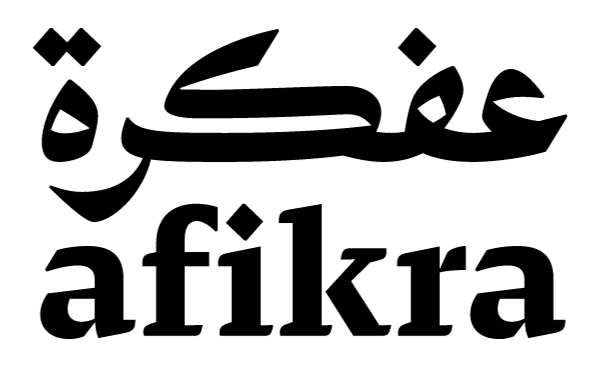Modernsim in Arab Art with Salwa Mikdadi and Sultan Al Qassemi [Majlon]
This special episode is in collaboration with The Modern Arab Art Majlon which took place in May 2022 at the UAE Embassy in France in collaboration with the UAE Permanent Delegation at UNESCO.
Salwa Mikdadi specializes in the history of modern and contemporary art of the Arab world. Prior to joining the NYUAD, Mikdadi worked at Abu Dhabi Tourism and Culture Authority where she established the professional development program for museum professionals including a customized executive program (2012 - 2014) and was a lecturer at the Paris-Sorbonne University Abu Dhabi in the postgraduate program - History of Art and Museum Studies (2010-May 2014). Mikdadi was the Executive Director of the Arts and Culture Program at the Emirates Foundation in Abu Dhabi (2009-2012). She wrote the reference guide on the history of the twentieth-century art of West Asia, North Africa and Egypt for the Metropolitan Museum of Art Timeline web pages and is the editor and co-editors of several publications on the subject. She conducted research in Jordan, the West Bank, UAE, Syria, and Lebanon on the governance and management of museums and art institutions. Mikdadi curated several exhibitions including the first Palestinian collateral exhibition at the Venice Biennial in 2009. She was the co-founder and director of the Cultural & Visual Arts Resource/ICWA, a not-for-profit organization dedicated to the study and exhibit of the art of the Arab world in the United States (1988-2006). Mikdadi is a founding board member of the Association of Modern and Contemporary Art of the Arab world, Iran and Turkey.
Sultan Sooud Al Qassemi is the Kuwait Foundation Visiting Scholar at the Middle East Initiative for the fall 2021 semester. Mr. Al Qassemi was also a visiting scholar at the Middle East Initiative for the 2020-2021 academic year. He is a United Arab Emirates-based columnist and researcher on social, political, and cultural affairs in the Arab Gulf States. Al Qassemi’s tweets became a major news source during the Arab Spring, rivaling the major news networks at the time, until TIME magazine listed him in the “140 Best Twitter Feeds of 2011.” In 2018 he ranked 19th on the “Arabic Thought Leader Index” by the Gottlieb Duttweiler Institute. Al Qassimi was an MIT Media Lab Director’s Fellow from 2014 through 2016, a practitioner in residence at the Hagop Kevorkian Center of Near East Studies at New York University in the Spring of 2017, and a Yale Greenberg World Fellow in 2018. Al Qassemi is also the founder of the Barjeel Art Foundation, an independent initiative established in 2010 to contribute to the intellectual development of the art scene in the Arab region by building a prominent and publicly accessible art collection in the United Arab Emirates. In 2018, 100 works from the collection were hosted on a long-term basis at the Sharjah Art Museum. Sultan was a practitioner-in-residence at the Hagop Kevorkian Center of Near East Studies at New York University in the spring of 2017, a Yale Greenberg World Fellow and a lecturer at the Council of Middle East Studies in Yale University in 2018, then an adjunct instructor at the Center of Contemporary Arab Studies at Georgetown University in 2019, and recently a visiting instructor teaching a course on “Politics of Modern Middle Eastern Art” at Boston College in 2020. Sultan is currently conducting research for a book that documents the modern architecture of the city of Sharjah in the United Arab Emirates.
About Majlon
Arab Modernism, the period defined as the years between the 1940s and 1970s, is a seminal period in Arab art history, one that has had long-lasting and far-reaching influences. A reflection of a complex post-colonial context in the Arab world, Modernism saw its subscribing artists explore new cultural identities and shifting social, political, and economic landscapes.










